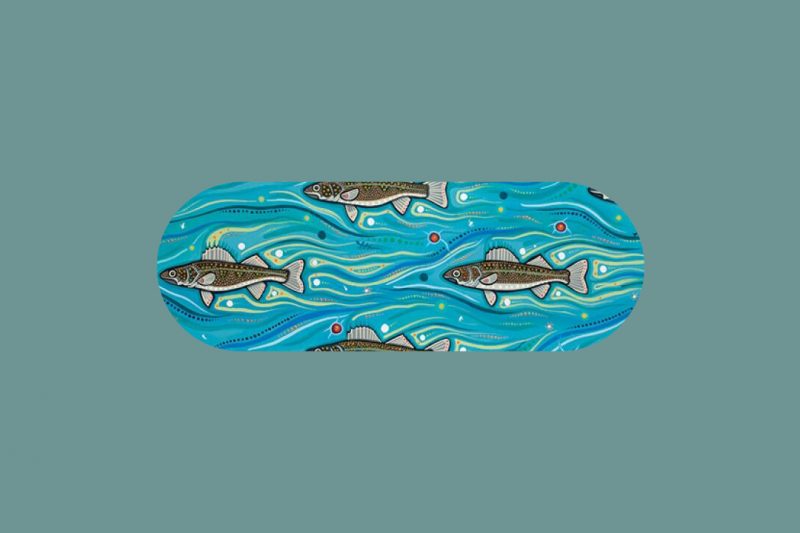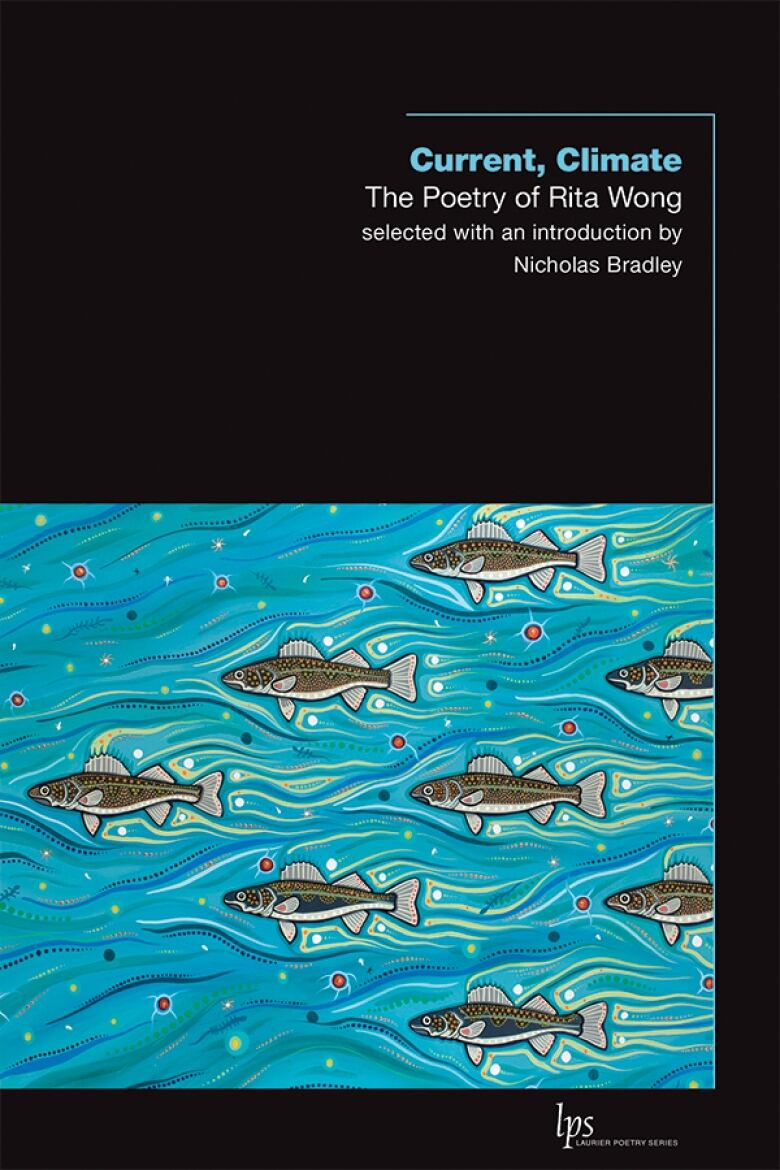USEREVIEW 090 (Capsule): Current, Climate
Rita Wong
Current, Climate (Wilfrid Laurier University Press, 2021)
ISBN 978-1-77112-443-0 | 104 pp | $15.99 CAD | BUY Here
#CAROUSELreviews
#USEREVIEWEDNESDAY
Another effective and concise contribution to the Laurier Poetry Series, Current, Climate: The Poetry of Rita Wong presents poems from Rita Wong’s multiple collections (some authored independently, some written in collaboration), as selected and introduced by Nicholas Bradley, an associate professor in the Department of English at the University of Victoria. Wong’s work and Bradley’s critical introduction make plain the unusual position the poet occupies as both an artist and a deeply committed activist. The author’s practice of ecopoetics can be considered a part of her praxis, and not simple neo-Romanticism, or a resigned lament. In other words, Wong insists upon making connections among colonialism, capitalism, globalization and environmental degradation.
Current, Climate stresses the urgency and directness of Wong’s writing. As Bradley writes in the introduction, “it is fair to say that much of Wong’s poetry belongs to a mode that prizes clarity and intelligibility; the potential to communicate is of paramount importance.” Also at work in Wong’s writing is a considerable amount of experimentation and play. Collaborations with other noteworthy contemporary poets such as Fred Wah feature illustrations and handwritten text, while others incorporate Chinese characters and photographs. Finally, the reader cannot help but sense the poet’s delight in language in her poetry, which features frequent, energetic use of assonance, rhythm, rhyme and a surprising number of compound noun neologisms.
Recommended excerpt:
‘Prison candy,’ the last poem in the collection, was written about Wong’s 2019 incarceration at the Alouette Correctional Centre for Women in Maple Ridge, BC. Wong served a sentence at the Centre for participating in a non-violent ceremony at the Westridge Marine Terminal in Burnaby, a critical site in the expansion of the Trans Mountain Pipeline. The poem, which draws attention to moments of intimacy and tenderness found in the institution, unfurls gently through its purposeful rhythm and a cascade of visually anchored similes:
Camp Cupcake isn’t as sweet as it sounds
lockdown is still lockdown
but sisterhood survives in it somehow
bright as a pink volleyball
bouncing off the sand
steady as a bear beyond the pines
chomping down on blackberries
in the prickly late summer bramble
quick as a dragonfly
riding the unseen breeze
that brushes across our cheeks



